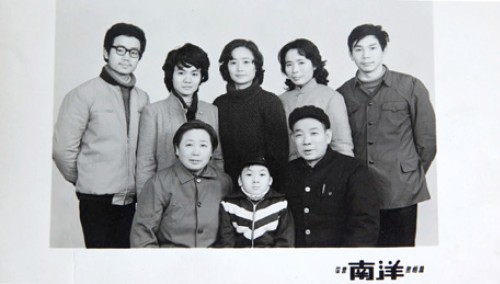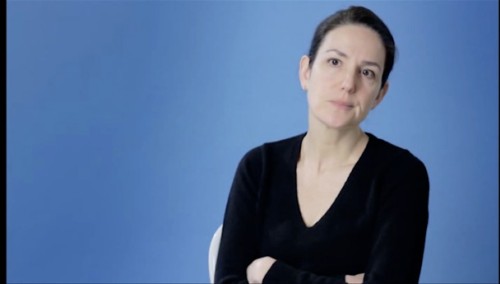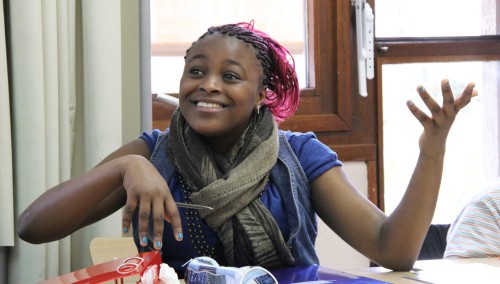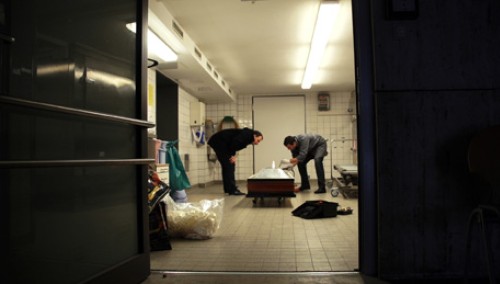Working Worlds 2014
If we think about how migration has changed over the course of time, we notice that the circumstances and implications have essentially remained the same. First of all, there is always the necessity of finding a way to earn money in the new place. Sometimes people want to or have to leave their country because of a new job, or they set out in search of work with hopes for a better future. In the latter case, because of staying illegally in the country (illegal according to the reading of the respective immigration legislation), this work usually takes place in a space outside the law.
In the eleventh Working Worlds program, however, the focus is less on refugees from poverty, a keyword that currently sparks rhetorical fireworks of right-wing populism among all kinds of politicians throughout E urope. Nor is it the concrete fields of work that seemed most interesting for the film selection. Rather, the five films involve very different questions that come up in the field of tension between migration and labor
China Reverse, for instance, involves a phenomenon that is probably not often discussed. Among some Viennese with Chinese roots, a migration movement in the other direction can be observed: the new boom cities of China entice with the bigger money to be made.
Dragan Nikolic, on the other hand, accompanies former emigrants on their last journey home, which hardly anyone considers. His protagonist Bata works as an undertaker bringing the deceased back to their families. State borders only seem to be a problem on this journey if the right stamp on the right document is missing.
The Lithuanian labor migrants in Secon d Class are well aware of the cliché of exploited cheap labor and initially respond to the filmmakers with self-confident rejection. They earn more money in Sweden that at home, so what’s so bad about that or what identifies them as victims? In the end it is more the filmmakers who learn something about prejudices and reflect on their work as director and camerawoman.
School of Babel leads us to the very beginning of the “vocational path” of an immigrant. The setting is an integration class in Paris, in which young people from all different countries with very different social backgrounds come together. Despite all the differences, what they have in common is uncertainty in a foreign place and the difficulty of learning a new language. The film and its protagonists – not least of all the teacher – convey with deep passion how important education and language acquisition are for an at least somewhat successful self-identification process in a new country and that this is the only foundation for finding a vocation.
Formally, Ines Rabandan’s Domestic Karaoke differs from the other films, as she takes the role of her protagonists. The reduction and the avoidance of all distractions result in an almost hyper-real expression of the unique personalities of the household help portrayed, as well as the individual details of their respective work.





